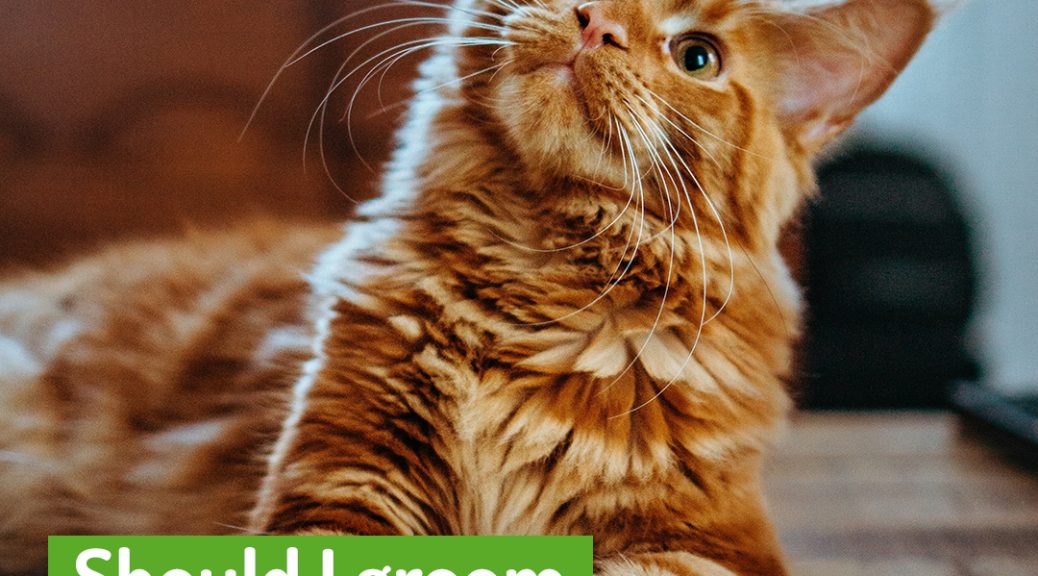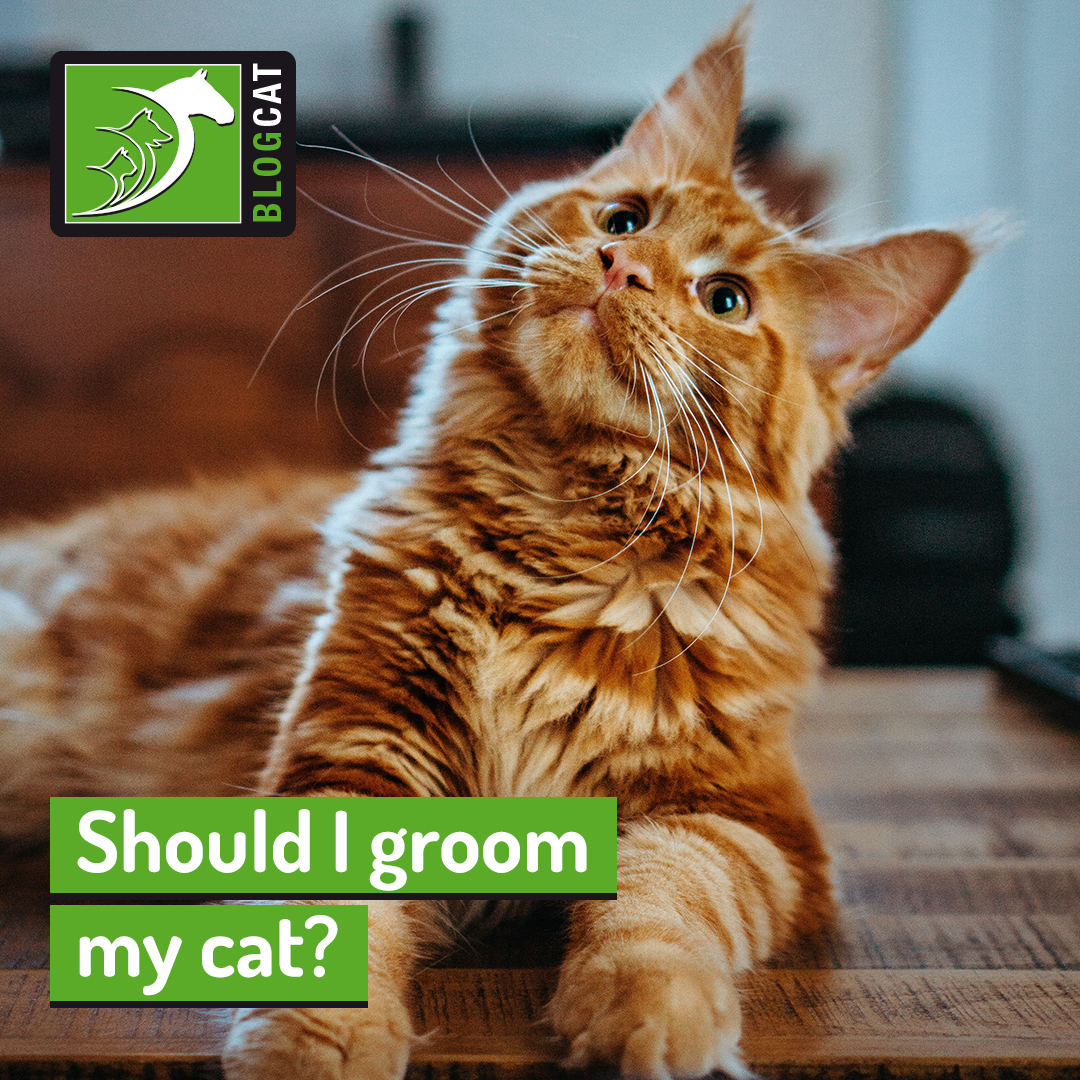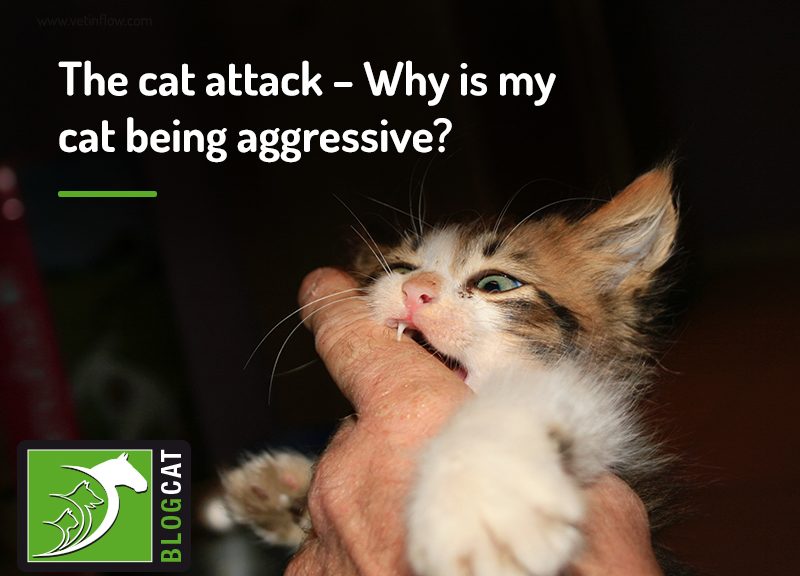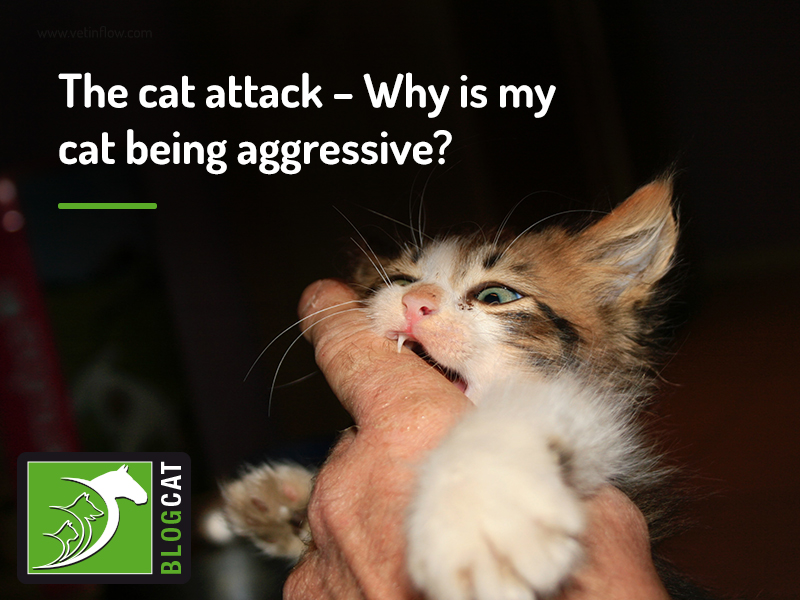The most common question cat owners have is “Should I groom my cat?”, especially if they are first time owners!
We all know that cats are pretty much self-sufficient when it comes to cleaning their fur and skin, but there are many situations where you’ll need to intervene.
Keep reading to learn when and how to groom your cat to ensure your feline friend always has beautiful fur and healthy skin.
Which cats need grooming?
It is no surprise that cats with long or thick hair have very different grooming requirements than cats with short fur. If your pets have luxurious locks, you and them will have to get used to regular or even daily brushing as well as periodic hair trimming.
However, even if you have a cat that has thin or even no hair, he or she might need to be groomed and bathed once in a while. During shedding season, regular brushing will not only avoid a vortex of fur in your house but also help your cats feel more comfortable, and they will take in less fur, leading to fewer chances of hairballs.
Another group of cats that will need specialist fur and skin care is pets with infections (from fungi, parasites or bacteria) in their skin or prone to allergies. Your vet might recommend that you apply topical medication during bathing, which could mean that you will have to bath them frequently.
How do I groom my cat?
If you’re just now embarking on the pet owner journey, you might be feeling a little lost on how to help your cat maintain healthy fur and skin.
As we’ve just mentioned, many cats need regular grooming due to having long fur or if they happen to have medical problems that require special attention focussed on their skin and coat. But the truth is that all cats will need a little grooming help at least once in a while, which is why it’s crucial to get them used to being handled and groomed early on!
Here are some of the most important parts of a great fur and skin routine:
- Fur brushing can be a pleasant activity for a cat, but getting him or her used to it as an adult can take some time, so make sure to keep sessions short and full of rewards;
- Bathing can be a hard sell for your pets which means that the best way is to get them used to it when they are as young as possible and to make it an enjoyable experience;
- Don’t forget to take a close look at their nails and clip them if needed!
When all of this goes well, grooming becomes a wonderful bonding moment between you and your cat. However, we know that some cats can be very challenging to groom, and that’s when professional grooming services come to the rescue.
It’s okay if you struggle with this and need to call for help, so don’t hesitate to shop around for the perfect groomer or speak with your vet about your difficulties!



